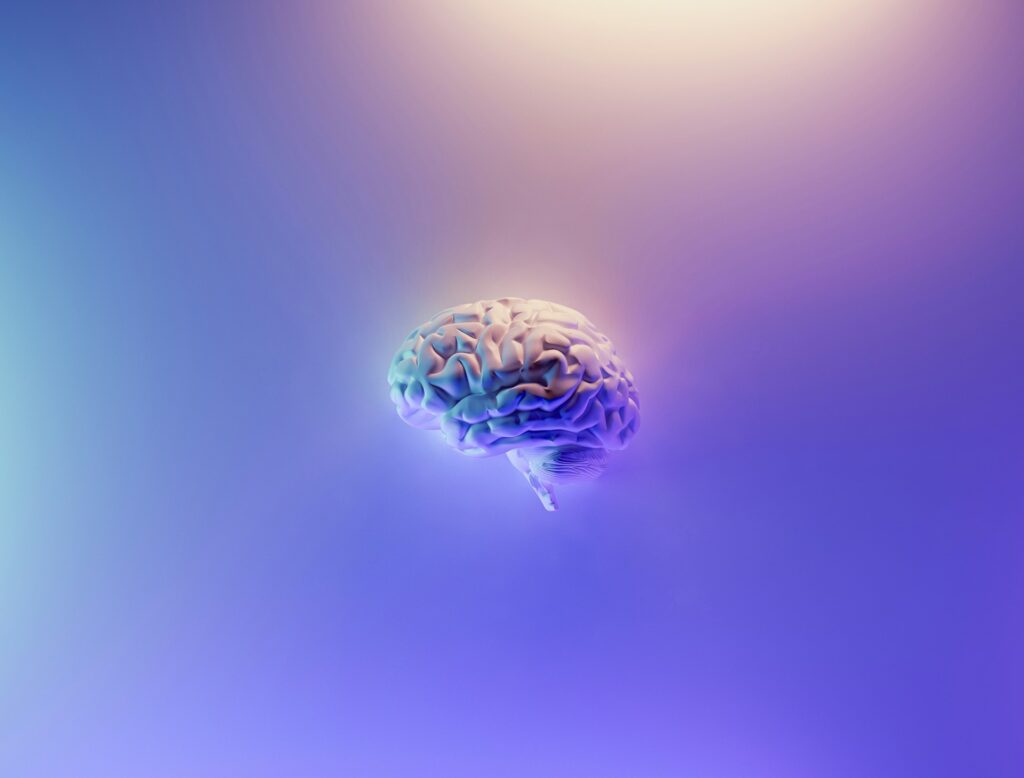In a world overflowing with information, opinions, and noise, the ability to think clearly has never been more valuable. Enter critical thinking—a mental skill that separates sharp, effective decision-makers from reactive, overwhelmed ones.
But what exactly is critical thinking? And why is it so crucial when it comes to making sound decisions, both in business and in life?
Let’s break it down.
What Is Critical Thinking?
Critical thinking is the ability to analyze information objectively and rationally, assess the validity of arguments, recognize biases, and make well-reasoned judgments. It’s not about being negative or skeptical—it’s about being thoughtful and deliberate.
In simpler terms, critical thinking is:
- Asking the right questions
- Challenging assumptions (including your own)
- Considering multiple perspectives
- Weighing evidence and reasoning
- Avoiding emotional or impulsive conclusions
It’s how we move from “This feels right” to “This makes sense—and here’s why.”
Why Critical Thinking Matters in Decision Making
We make thousands of decisions every day. While most are small, others carry serious consequences—strategic business moves, career changes, financial investments, ethical dilemmas. In these moments, critical thinking becomes more than a nice-to-have. It’s essential.
Here’s why:
1. It Cuts Through Noise and Misinformation
In the digital age, we’re bombarded with conflicting opinions, fake news, and surface-level analysis. Critical thinking helps you evaluate sources, spot flawed logic, and distinguish fact from fiction—so you can base your decisions on solid ground.
2. It Reduces Cognitive Bias
From confirmation bias to groupthink, our brains are wired for shortcuts. Critical thinkers are better at recognizing these blind spots and actively correcting for them. That awareness leads to smarter, more balanced decisions. (See here for more on How to Identify Your Own Biases—and Make Better Decisions.)
3. It Strengthens Problem-Solving
Critical thinking isn’t just about spotting flaws—it’s about finding solutions. It allows you to break complex problems into manageable parts, explore creative options, and make decisions that are both innovative and realistic.
4. It Improves Risk Assessment
No decision is risk-free. Critical thinkers are better equipped to anticipate potential downsides, weigh trade-offs, and make calculated choices—not just hopeful ones.
5. It Builds Confidence and Accountability
When you think critically, you understand why you’re making a decision. That clarity builds confidence and makes it easier to stand by your choices—even under pressure. It also promotes accountability, because your decisions are rooted in reasoning, not impulse.
Real-World Example
Imagine you’re hiring a new team member. A strong resume and a charismatic interview might sway your emotions. But a better approach might be to ask:
- What does the evidence actually say about their past performance?
- Are we weighing likability too heavily?
- What are the risks of overlooking red flags?
- How does this candidate align with our long-term goals?
That level of scrutiny can make the difference between a costly mis-hire and a strategic addition to your team.
How to Develop Critical Thinking
Like any skill, critical thinking can be cultivated. Here are a few simple habits to start:
- Slow down before making important decisions. Ask, What’s really going on here?
- Ask “Why?” and “What if?” more often.
- Play devil’s advocate—challenge your own assumptions.
- Seek diverse viewpoints, not just those that confirm your own.
- Reflect on past decisions. What worked? What didn’t? Why?
Final Thoughts
In uncertain times, quick answers can feel comforting—but they often lead us astray. Critical thinking brings depth, discipline, and discernment to decision making. It helps you pause, probe, and proceed with clarity.
Because the best decisions don’t come from thinking fast—they come from thinking well.
The web is no shortage of resources on Critical Thinking. Check out this short introduction video from Macat Ltd.
